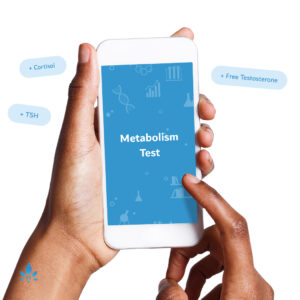What is Huntington’s Disease?


Huntington’s Disease (HD) is a rare disorder that affects the brain and nervous system. It is caused by an abnormal gene that can be passed down from parent to child. While it is present from birth, most people with the disease don’t start having symptoms until mid-life (age 30-50). In about 10 percent of cases, HD symptoms start in childhood. This is called Juvenile Huntington’s Disease (JHD).
The disease causes the death of nerve cells in the brain. Symptoms usually start gradually and then get worse over time. However, when symptoms start, what the symptoms are, and how quickly they progress (worsen) varies greatly from person to person. Even people in the same family can be affected differently by the abnormal gene they share.
There are three main areas affected by Huntington’s: movement, cognition (thinking), and emotions/behavior. Movement problems can start as subtly as clumsiness. But the most classic sign of HD is something called “chorea”—involuntary and often sudden movements, grimaces, or gestures.
HD can also affect a person’s ability to think, leading them to appear forgetful, impulsive, or distracted. The nerve damage also affects mood—so irritability and depression are common in people with Huntington’s.
Huntington’s is a genetic disorder. Everyone has an “HD gene” (called the HTT gene), but the disease is caused by an abnormal copy (mutation) of the HTT gene. If a parent has an abnormal HTT gene, then each child has a 50/50 chance of also having the abnormal gene. Genetic tests can determine if a person has an abnormal HTT gene. But nothing can predict when or how that abnormal gene will affect a person.
There is no cure for Huntington’s Disease, and people with the disease have shortened life spans. According to the US National Institutes of Health (NIH) Office of Rare Disease Research, patients with HD often live 15-18 years after the start of symptoms. JHD progresses more quickly, with patients most often living 10-15 years after the start of symptoms according to the US National Library of Medicine’s Genetics Home Reference.
Treatment focuses on relieving symptoms and prolonging quality of life. Like the condition itself, how effective those treatments vary greatly from person to person. And treatment doesn’t begin until symptoms start. Because of this, some adults who have a family history of Huntington’s Disease (but no symptoms) choose not to have genetic testing to see if they carry the abnormal gene.
The Huntington’s Disease Society of America recommends testing be done at a center familiar with HD testing and that follows HDSA guidelines; a list can be found on their website.
Genetic testing is usually not done on children under age 18 unless JHD is suspected. Prenatal testing is also possible. For women using in vitro fertilization (IVF), testing can be done on eggs after fertilization but prior to being re-implanted in the mother—a process called pre-genetic diagnostic testing (PGD). Couples planning a family are encouraged to talk with a genetic counselor about their options.
Sources:
- Huntington’s Disease Society of America
- Huntington’s Disease: A Family Guide.
National Institutes of Health Office of Rare Diseases Research - Huntington’s Disease.
National Institute of Neurological Disorders and Stroke - NINDS Huntington’s Disease Information Page.
US National Library of Medicine’s Genetic Home Reference - Huntington’s Disease.
Powered by Bundoo®












































